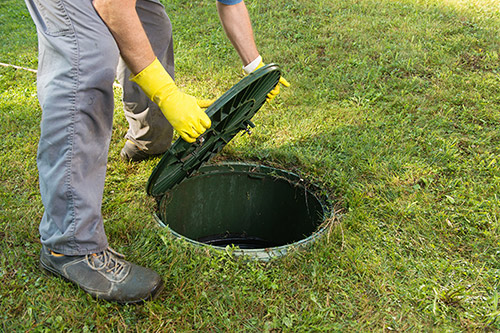
How to Tell When Your Septic System Needs Professional Attention
A properly functioning septic system is essential for household sanitation and environmental safety. Regular inspections help prevent costly repairs and health hazards. Recognizing the early warning signs that your septic system needs inspection can save you time, money, and stress.
Common Signs Your Septic System Needs Inspection
- Slow Drains Throughout the House
- If sinks, bathtubs, and toilets are draining slowly—even after clearing clogs—it may indicate a problem with your septic system, such as a full tank or blockage.
- Unpleasant Odors
- Foul smells near drains, toilets, or outside around the septic tank and drain field are a major red flag. These odors often point to leaks or system overload.
- Standing Water or Wet Spots
- Pools of water or soggy areas in your yard, especially near the drain field, could mean your septic system is failing and needs immediate inspection.
- Sewage Backup
- Raw sewage backing up into toilets, tubs, or sinks is a serious issue that requires urgent attention from a septic professional.
- Lush, Green Grass Over the Drain Field
- While a healthy lawn is desirable, unusually lush or fast-growing grass above your septic system may indicate leakage of waste water providing excess nutrients.
- Gurgling Sounds in Plumbing
- Odd noises coming from drains or toilets could signal a blockage or improper flow in your septic system.
- High Levels of Nitrate in Well Water
- If your property uses well water and tests show elevated nitrate levels, your septic system could be leaking contaminants into the groundwater.
- It’s Been More Than 3 Years Since Your Last Inspection
- Even without symptoms, regular inspections every 1–3 years are recommended. If it’s been longer, schedule an inspection to ensure everything is functioning properly.
If you notice any of these signs, it’s important to schedule a septic inspection as soon as possible. Early detection can prevent extensive damage and costly repairs. Regular maintenance keeps your home safe and your septic system running efficiently.
For more information, contact Morse Engineering and Construction.
